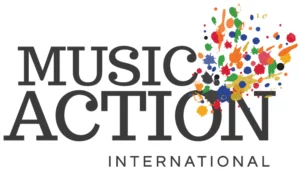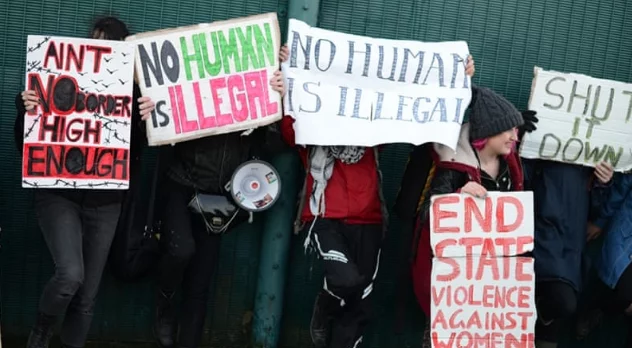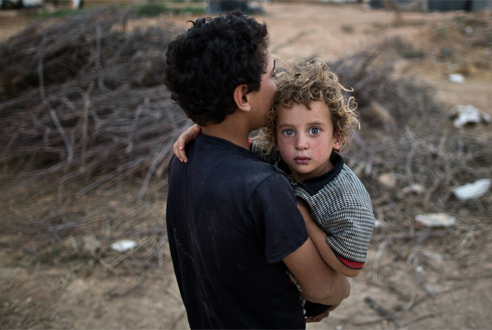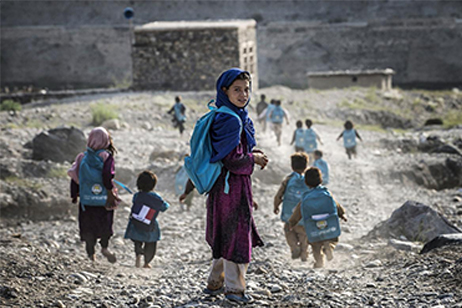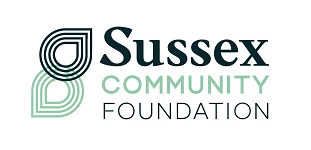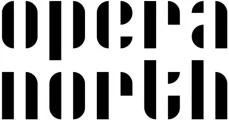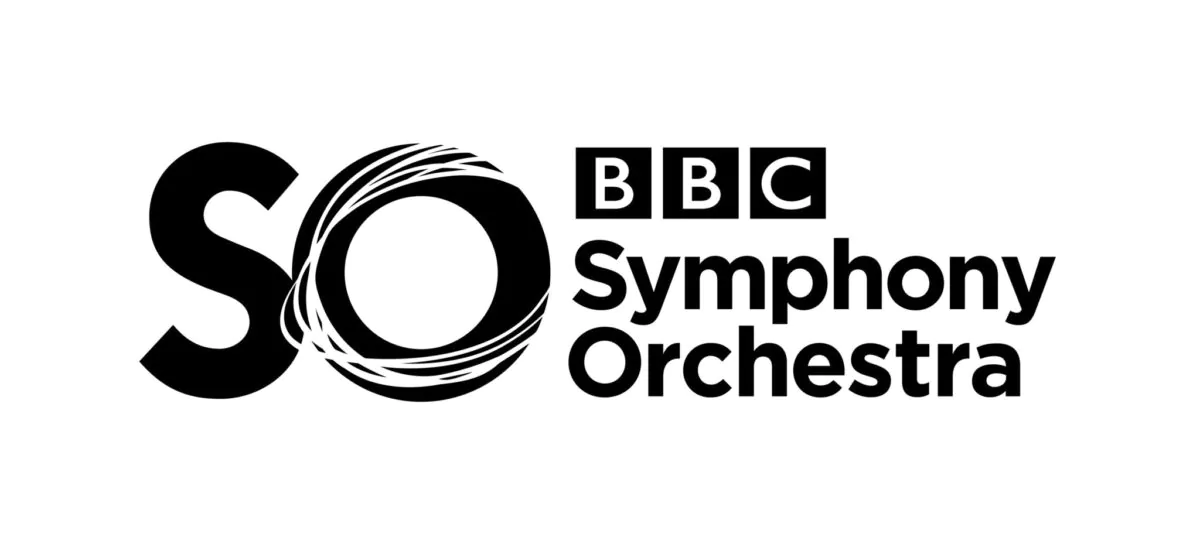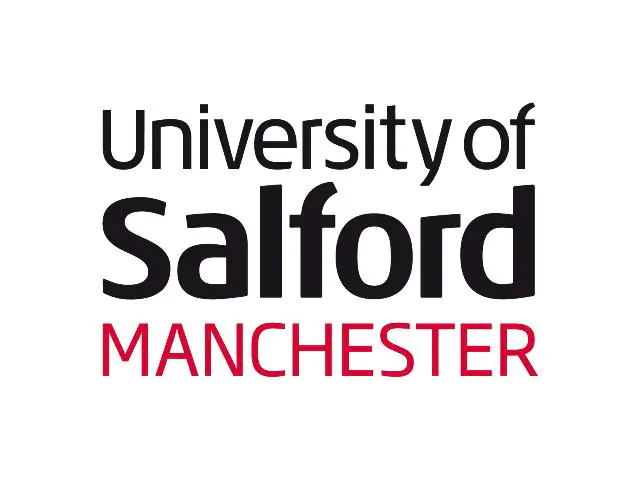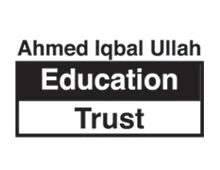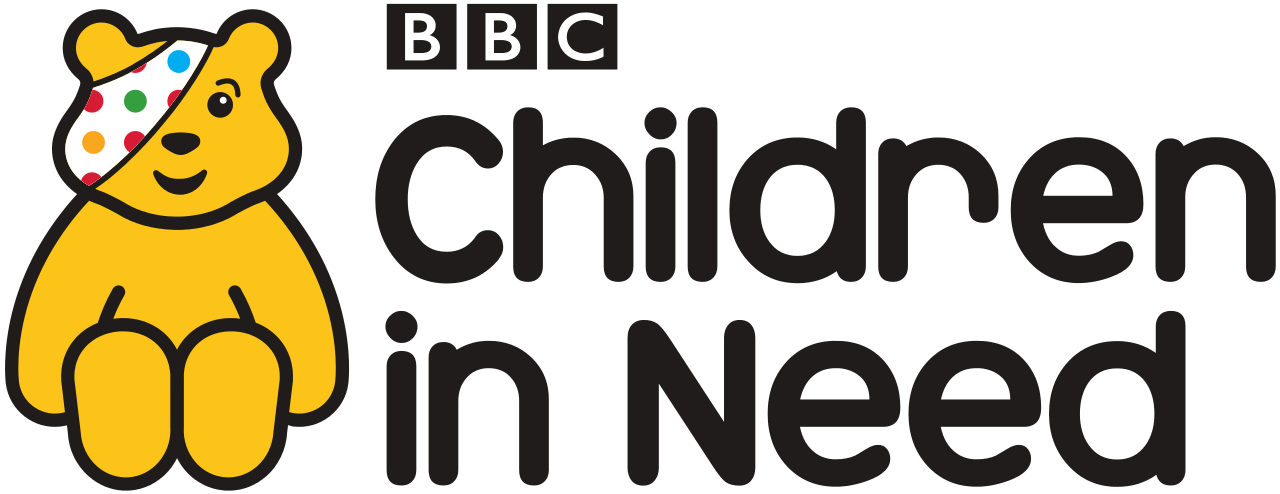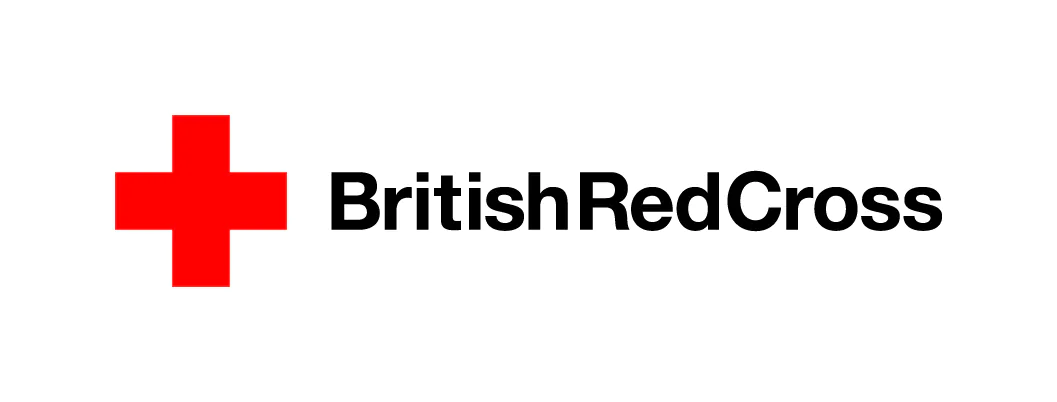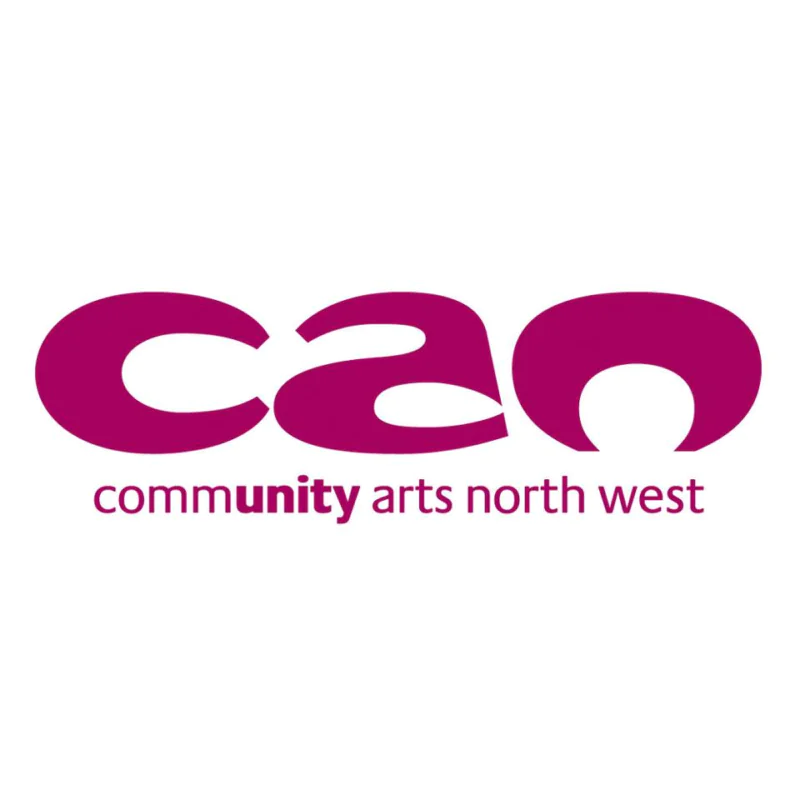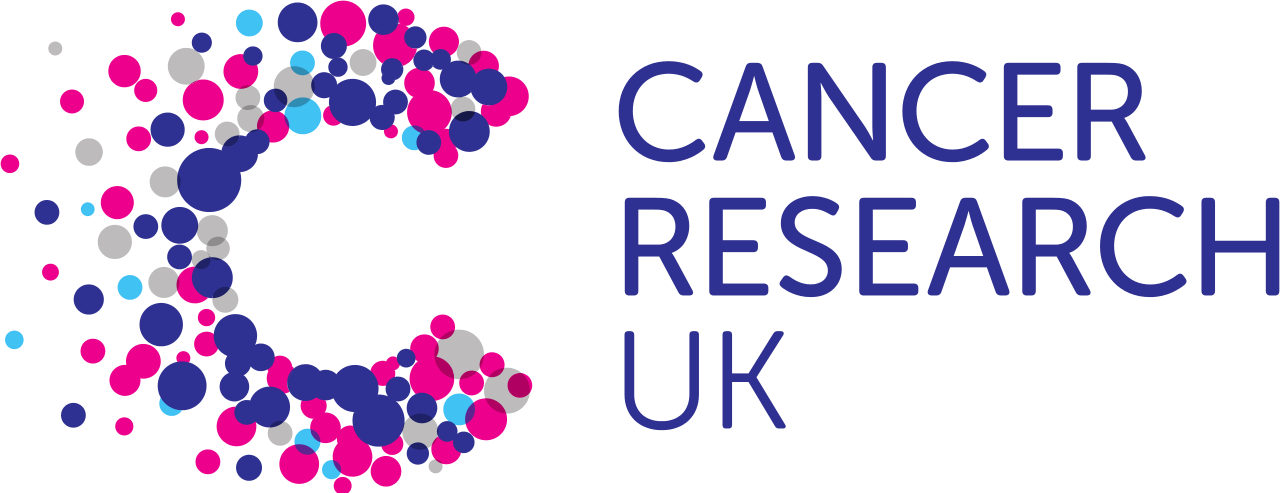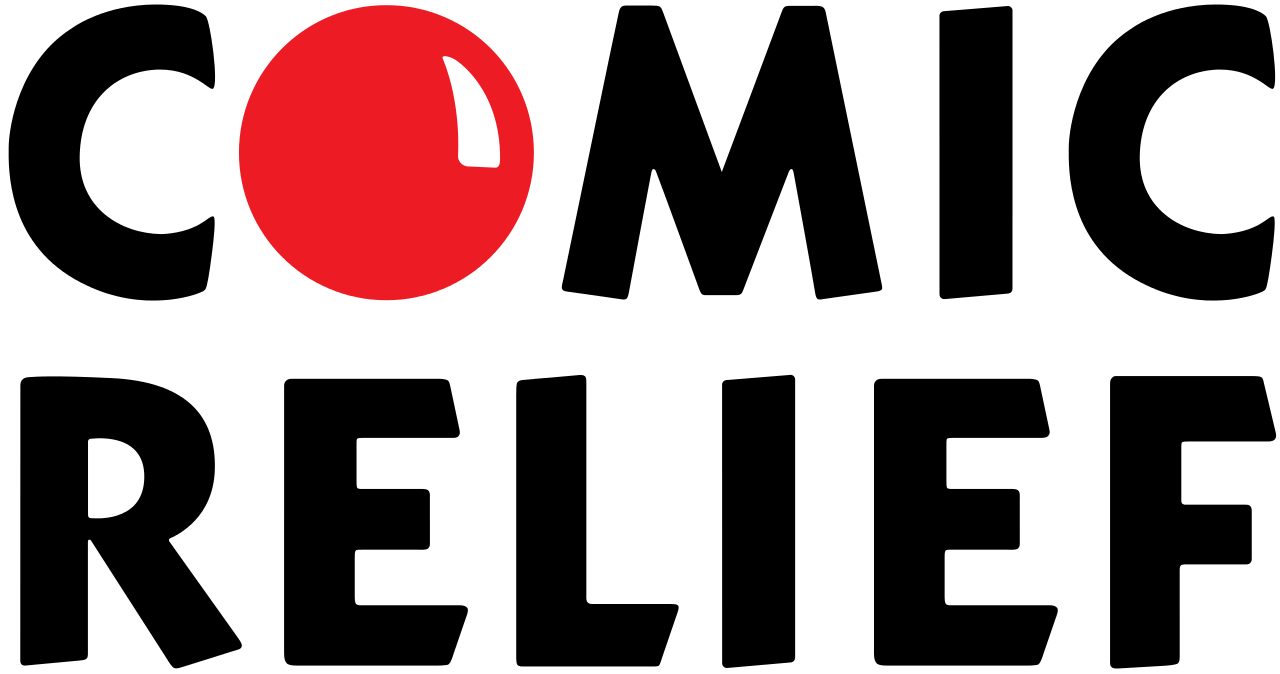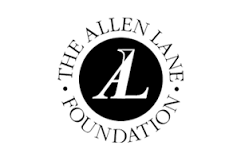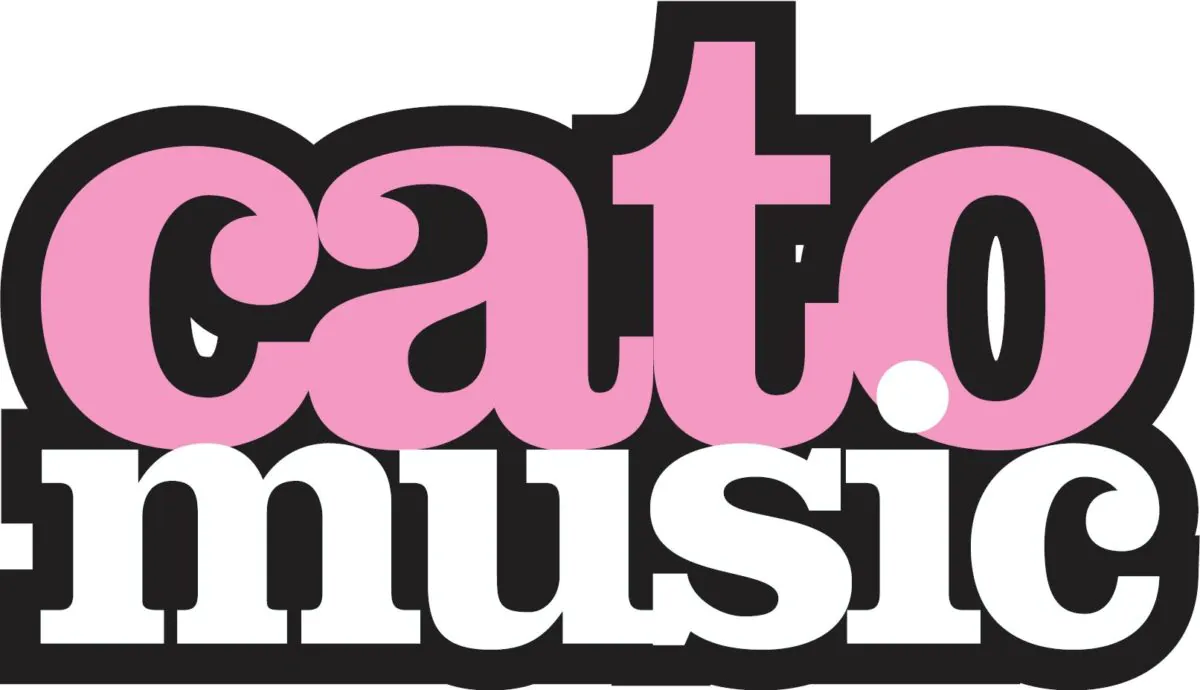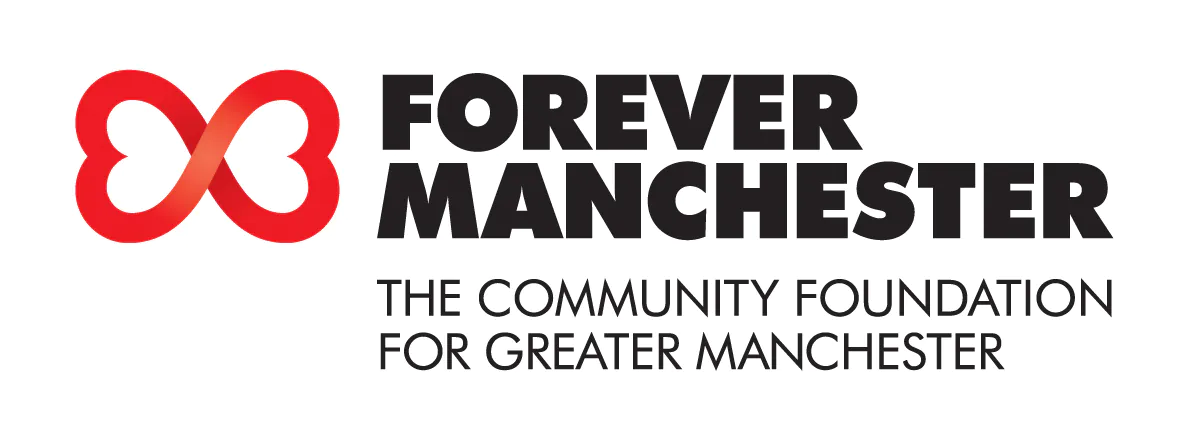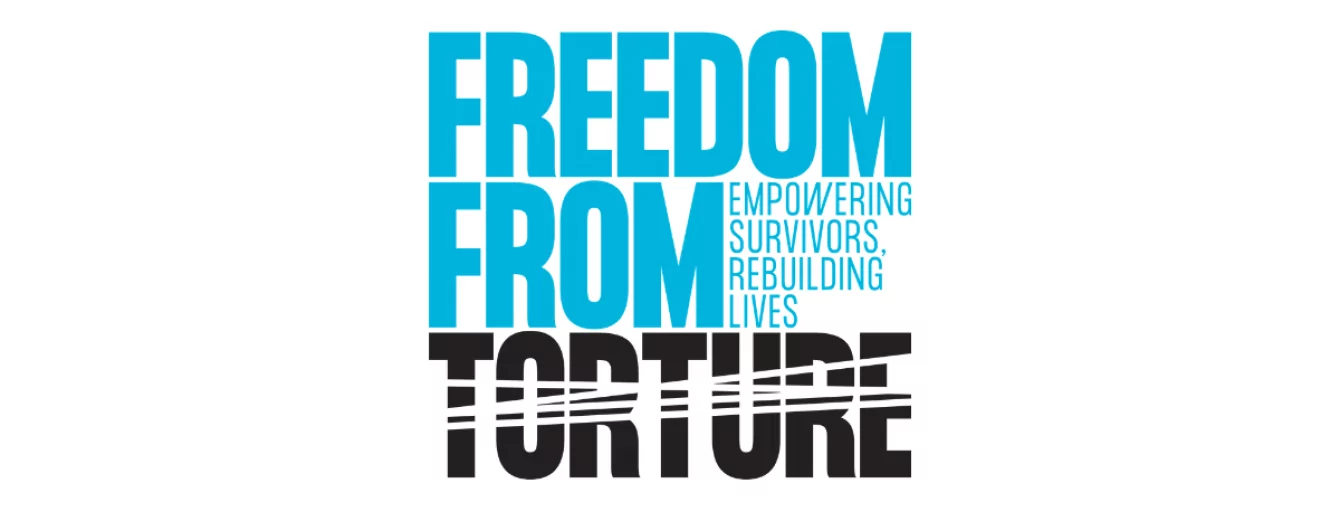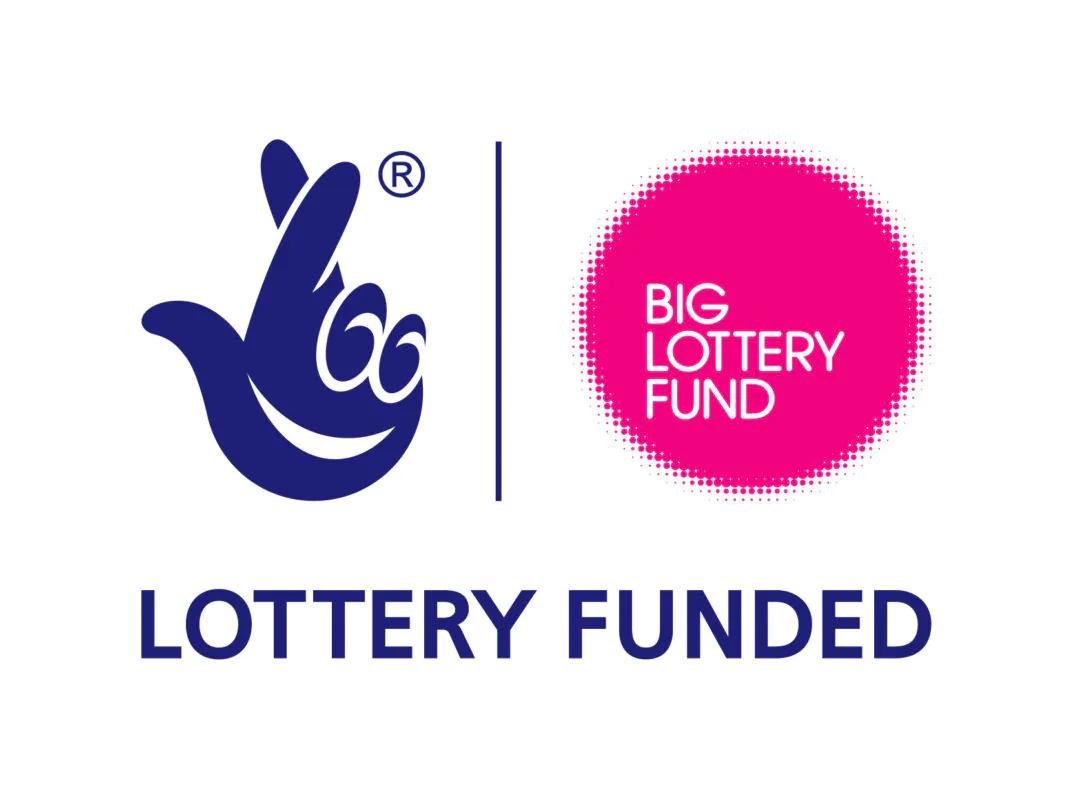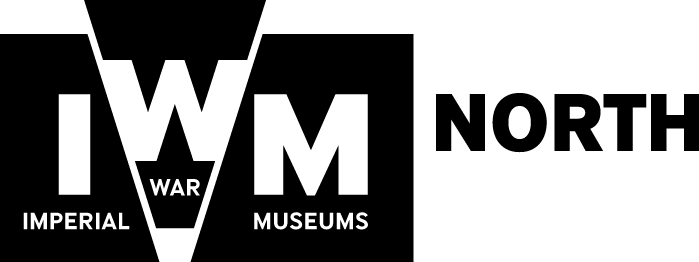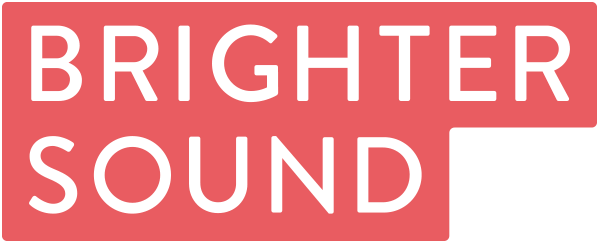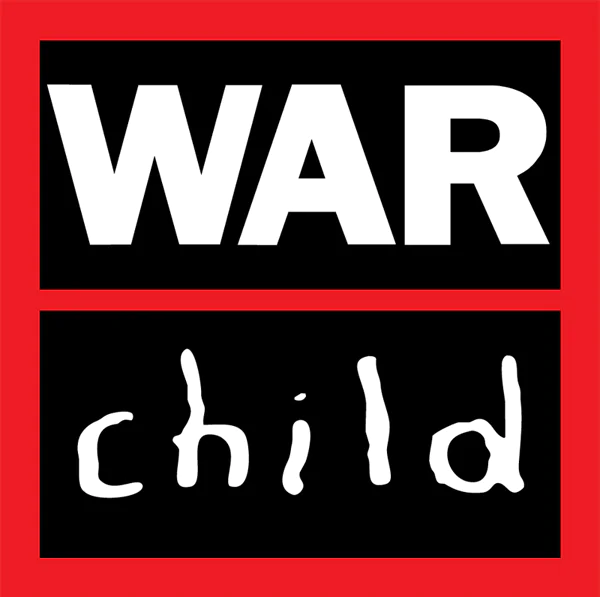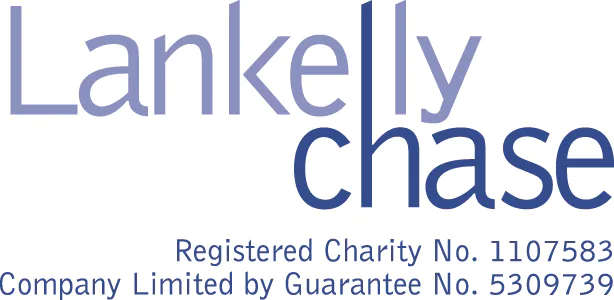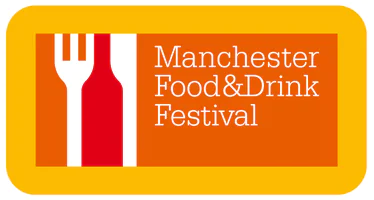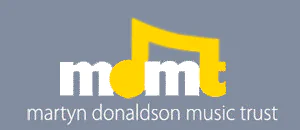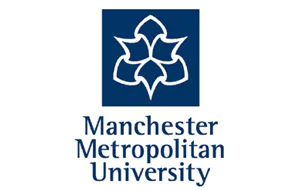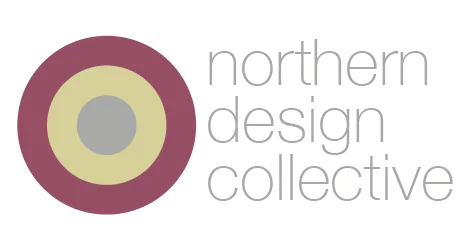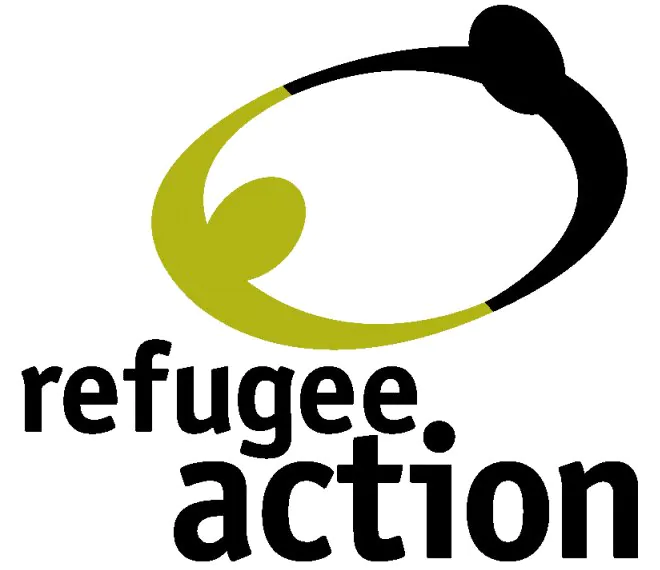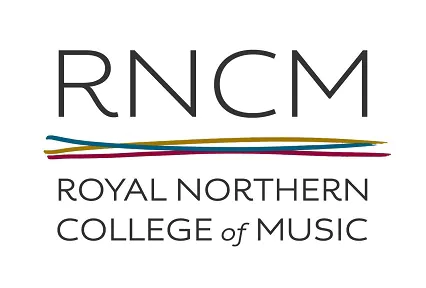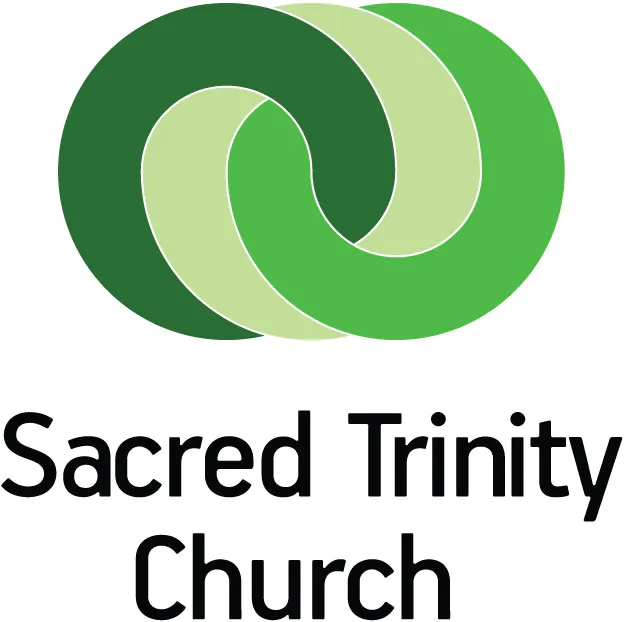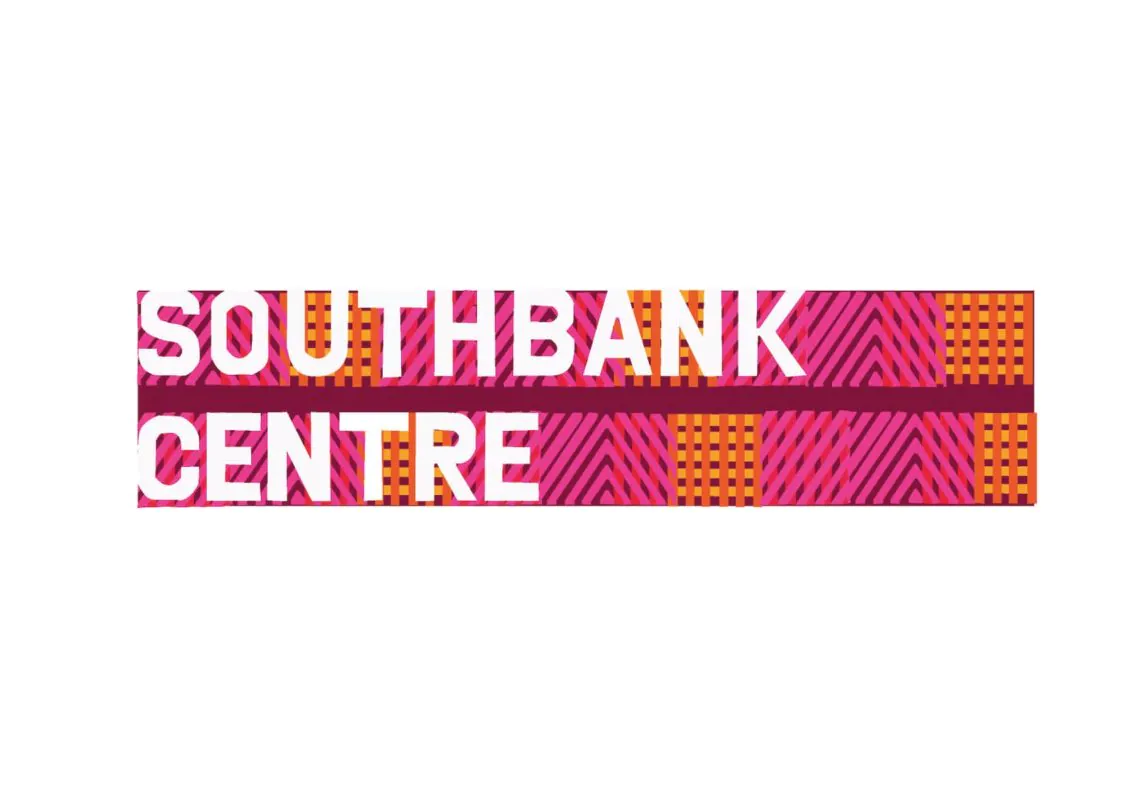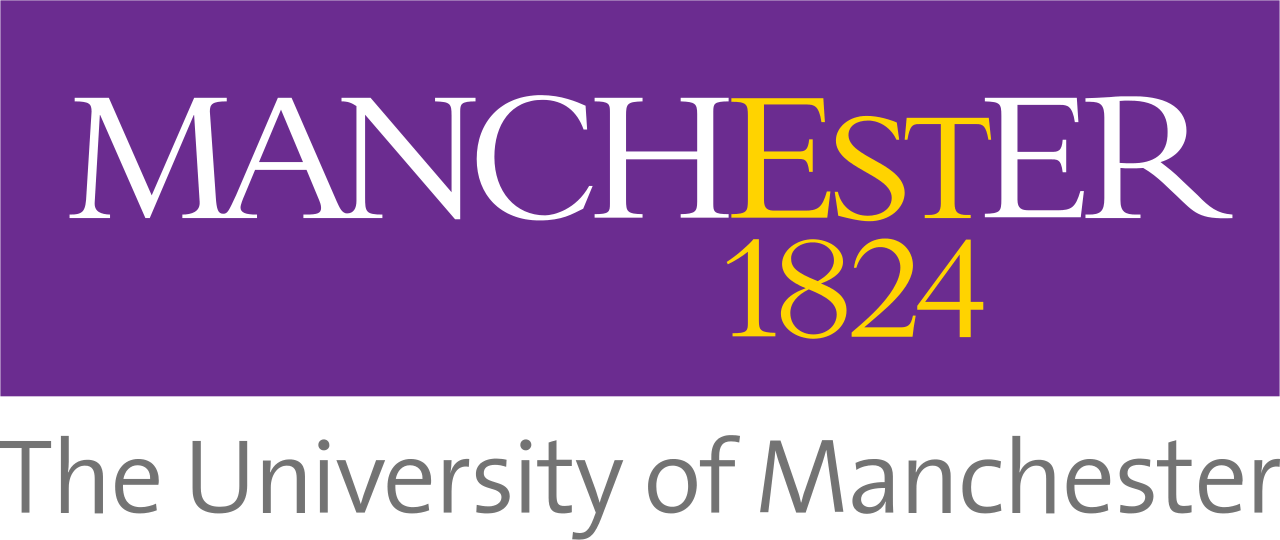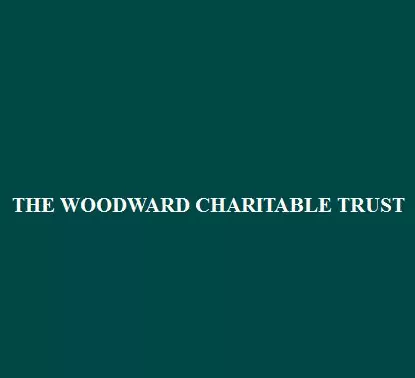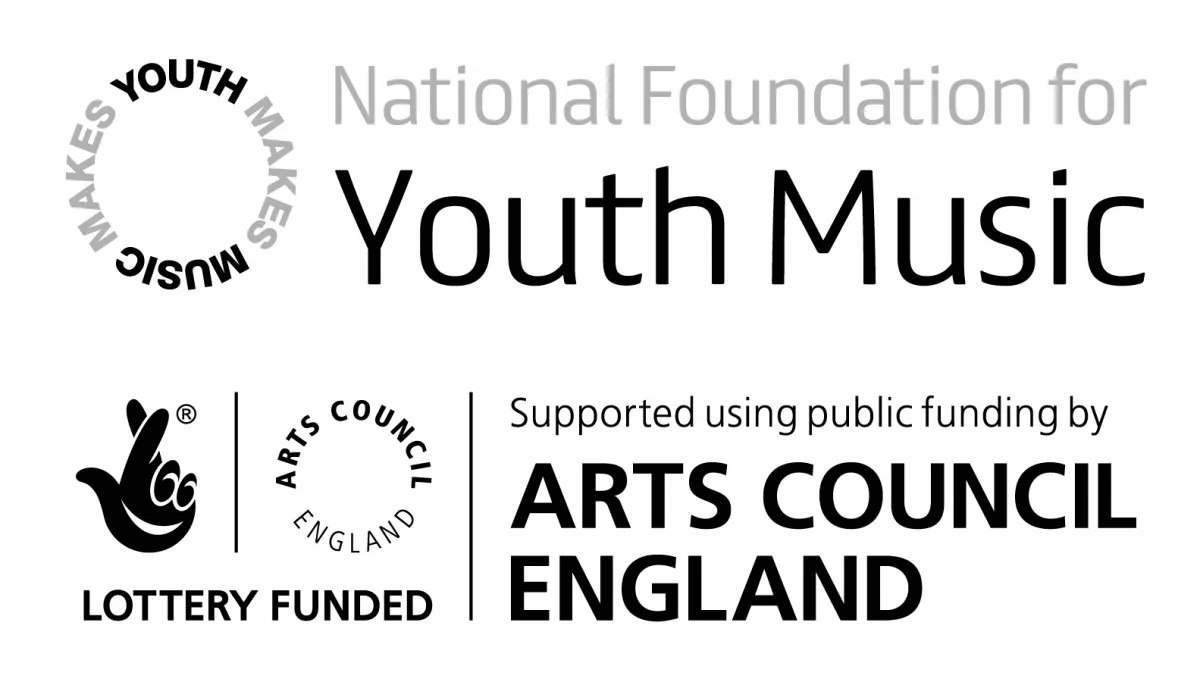by Yiren Fang and Yifan Guo
The impact of the globally-spread coronavirus has been devastating for millions of displaced people who are particularly vulnerable.
Due to the coronavirus outbreak in January, and the resulting Lockdown and restrictions imposed by countries across the world, borders have been closed. Many refugee organisations, including UNHCR, had to temporarily suspend the resettlement of refugees to host countries due to the travel restrictions and health concerns.
Consequently, numerous refugees were forced to stay in temporary settlements where their safety and health were placed at great risk. Restrictions on refugees’ daily movement within camps have also been imposed in some regions. Waves of anti-migrant violence broke out in some refugee camps that left refugees without food and medical care. This has left refugees more vulnerable and desperate than ever.
On 28 February, Turkey announced they would “no longer stop refugees flooding into Europe.” Subsequently, thousands of refugees from the Middle East, Africa and Syria who had been stuck for years rushed to the Turkey-Greece borders. The Greek riot police used teargas and water cannons to repel people trying to get into the country, while the Turkish police fired teargas volleys on Greece in response.
EU leaders openly supported Greece’s hostile approach. The President of the European Commission described Greece as Europe’s “shield” in deterring people from entering, and pledged to provide financial and material support along with the deployment of European border guards. On 6 March, the EU announced €60m (£52m) for humanitarian aid in north-west Syria. However, no funds were committed to Turkey, even though Turkey hosts nearly 4 million refugees, many from Syria.
Europe doesn’t need to be ‘shielded’ from people seeking safety. The refugees and migrants at the border are asking for help, and they are entitled to it under EU and international law.
France was one of the first European countries to be significantly hit by the Coronavirus. The refugee camps in Calais, as they exist today, are overcrowded and in bad sanitary conditions, which has made the refugees living there more vulnerable. In February, French authorities had once again tried to clear refugee settlements at Calais and move residents there to ‘refugee centres.’ Conditions in the camps were worsening, with shortages of food, water and showers as NGOs were forced to pull out because of the coronavirus pandemic.
Even before the coronavirus crisis, life in the refugee camps was grim. Volunteers said that asking migrants, who were often four or five to a tent, to maintain social distancing was impossible, but fear removal to centres would make matters worse.
Clare Moseley, founder of Care4Calais, which provides emergency aid and support for refugees in Calais, said: “Food supplies in the camps have reduced significantly and if it’s the only way people can get food, they may feel forced to go. The reduction of food in the camps has been a game-changer. If the only way people can eat is by going into one of the centres then it won’t really be voluntary.” Read more here.
Meanwhile, the refugee crisis transpiring over the Mediterranean dramatically worsened alongside the spread of coronavirus. The International Organization for Migration (IOM) in Geneva announced that between January and March, at least 14,854 refugees and migrants reached Europe via sea, which was an increase of almost 50% on the same period last year. At least 219 people died attempting to the Mediterranean to find safety in Europe.
And in the UK, refugee support services have had to shut down or drastically reduce the support they were able to offer vulnerable asylum seekers and refugees with medical, housing or other practical problems. Thousands of arrived asylum seekers have been quarantined under strict supervision in hotels, with limited freedoms. There have been genuine concerns and calls for detention centres to be closed and suspension of all new detentions under the pandemic, with many vulnerable people put at greater risk.
Music Action International has also had to greatly reduce our programme delivery during Lockdown, but we have continued with some online sessions and took part in Migration Matters Online Festival 2020. Read more here.
“Music is like…it feeds my spirit. If I am very down, music encourages me. I love music.”
Kossivi, Torture Survivor


